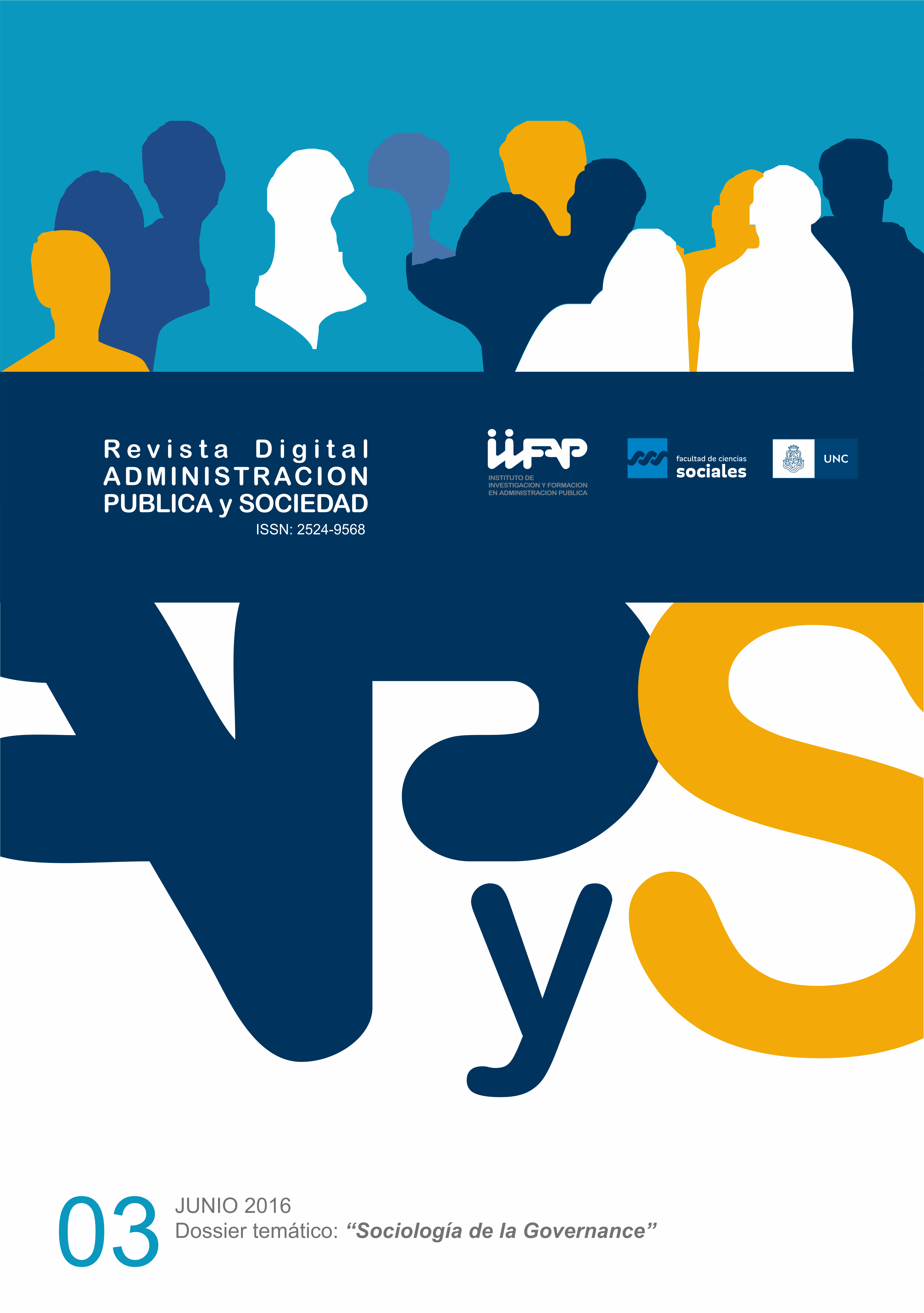Energy efficiency and industrial competitiveness: incentive system analysis about the provincial energy- efficient program (propee)
Main Article Content
Abstract
Article Details
Authors who publish in this journal accept the following terms of the copyright policy:
- Authors shall retain their copyright (including copyrights) and shall grant to the journal the right of first publication of their work, which shall simultaneously be subject to the Creative Commons Recognition License: No commercial use of the original work or any derivative works is permitted, distribution of which must be made under a license equal to that which governs the original work.
- Authors may adopt other non-exclusive license agreements for the distribution of the version of the published work (e.g., placing it in an institutional repository or publishing it in a book) provided that the initial publication in this journal is indicated.
- Authors are allowed and encouraged to disseminate their work through the Internet (e.g., in institutional repositories or on their website) after the publication process, which may lead to interesting exchanges and increased citations of the published work. (See The Effect of Open Access).
How to Cite
References
AGENCIA INTERNACIONAL DE ENERGÍA (AIE) (2014). “Prospectivas de Tecnología Energética 2014: Capturando el Potencial de Electricidad”, Resumen Ejecutivo. Agencia Internacional de Energía.
BOUILLE, Daniel (1999). Lineamientos para la Regulación del Uso Eficiente de la Energía en Argentina. Serie Medio Ambiente y Desarrollo N° 16, Proyecto CEPAL/COMISIÓN EUROPEA “Promoción del Uso Eficiente de la Energía en América Latina”. Comisión Económica para América Latina y el Caribe (CEPAL), Santiago de Chile, 1999.
CONSEJO MUNDIAL DE LA ENERGÍA (2010). Eficiencia Energética: Una Receta para el Éxito - Resumen Ejecutivo - Por una energía sustentable. Traducido por el Comité Argentino y el Grupo de Eficiencia Energética del CACME.
DELFINO, José (2001). Microeconomía. Principios básicos, aplicaciones y ejercicios. Ediciones Eudecor, edición 2001.
KRAUSE, Martin (1999). “La Teoría de los Juegos y el Origen de las Instituciones”. Revista Libertas 31, Instituto Universitario ESEADE, Octubre de 1999.
LUCCA, Carlos (2013). Traducción del Capítulo 3: “Estructurando Problemas de Política”, del libro Public Policy Analisys: An Introduction. New Jersey: Prentice Hall. Autor: William Dunn.
LUTZ, Wolfang (2003). “Programa de Ahorro y Eficiencia Energética en el Mercado Eléctrico Argentino (PAyEE). Identificación de las Características, Lineamientos Generales y Opciones para una Propuesta del PAyEE”. Secretaría de Energía de la Nación, República Argentina, julio de 2003.
NINO, Carlos (2005): “Capítulo I: Ilegalidad y Subdesarrollo”, “Capítulo III: La Anomia en la vida social de Argentina”, “Capítulo IV: Juegos Peligrosos”, “Capítulo V: Las Normas como herramientas de Cooperación”, “Capítulo VI: ¿Cómo salir de la trampa de la Anomia Argentina?”. En un País al Margen de la Ley, Ariel.
NORTH, Douglas (2012). Instituciones, Cambio Institucional y Desempeño Económico. Editorial Fondo de Cultura Económica. México, D. F.
ORGANIZACIÓN LATINOAMERICANA DE ENERGÍA (OLADE) (2013a). “La Sostenibilidad de la Eficiencia Energética: Programa para América Latina y el Caribe de Eficiencia Energética - PALCEE”. Quito, Ecuador, Julio de 2013.
POVEDA, Mentor (2007). “Eficiencia Energética: Recurso No Aprovechado”. Organización Latinoamericana de Energía (OLADE), Quito, Ecuador
MINISTERIO DE MINAS Y ENERGÍA, REPÚBLICA DE COLOMBIA (2012). “Propuestas de esquemas financieros aplicables a proyectos de eficiencia energética y fuentes no convencionales de energía”.
STIGLITZ, J. (2000). La Economía del Sector Público. Traducción de M.a Esther Rabasco y Luis Toharia, Universidad de Alcalá. Tercera edición, Antony Bosch editor.
TIROLE, Jean (1990): La Teoría de la Organización Industrial. Editorial Ariel.

